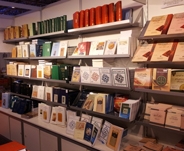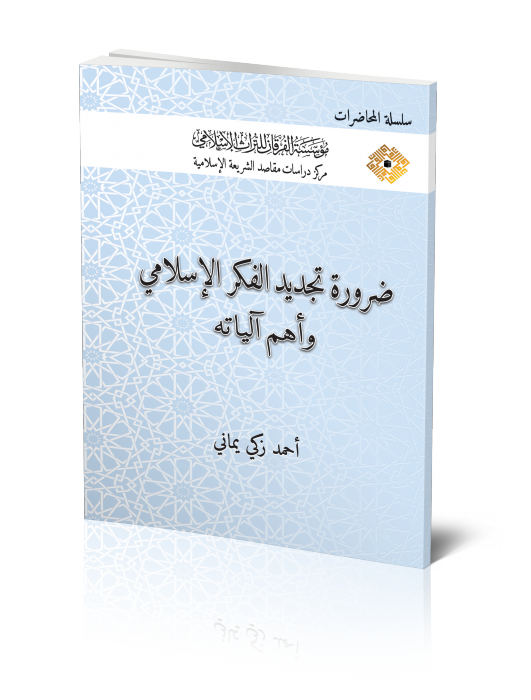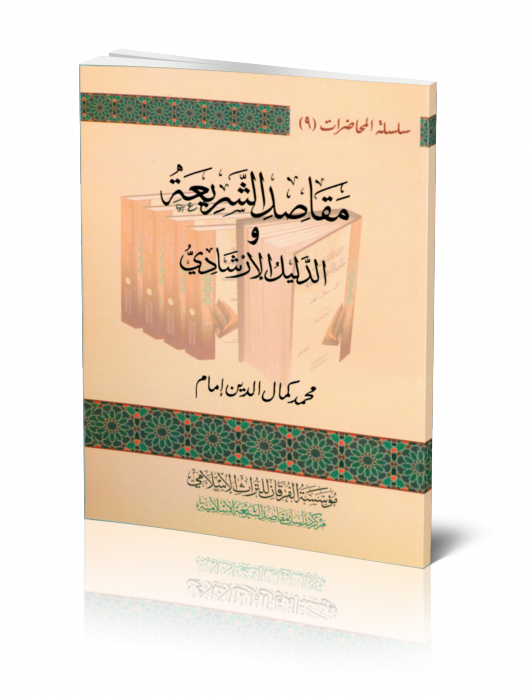His Excellency Shaykh Ahmad Zaki Yamani presents his ideas on the importance of renewal (tajdīd) of Islamic thought. The author emphasises how this renewal must encompass all areas of Islamic law-making, jurisprudence, transactions, the science of interpretation of the holy scriptures (tafsīr) as well as the theories on methods of thought. The author points out that most of such shortcomings come in the form of ideas covered in a shroud of Islamic references and justifications. One such idea is the claim by some persons to using the methodology employed by the Salaf (first three Muslim generations). Shaykh Yamani describes how if one were able to extract these erroneous views from Islamic thought, it would then be possible to start off its “modernisation”. He also indicates that the renewal of Islamic jurisprudence has its own particular tools such as the jurisprudence of priorities and the other major rules of jurisprudence.
 Shared Knowledge
Shared Knowledge


 The Use of Proofs of Islamic Law Between the cross-linking method and the deconstruction method
The Use of Proofs of Islamic Law Between the cross-linking method and the deconstruction method Purposes of Islamic Law & its Bibliography: Maqāṣid al-Sharīʿah wa al-Daleel al-Irshādī
Purposes of Islamic Law & its Bibliography: Maqāṣid al-Sharīʿah wa al-Daleel al-Irshādī